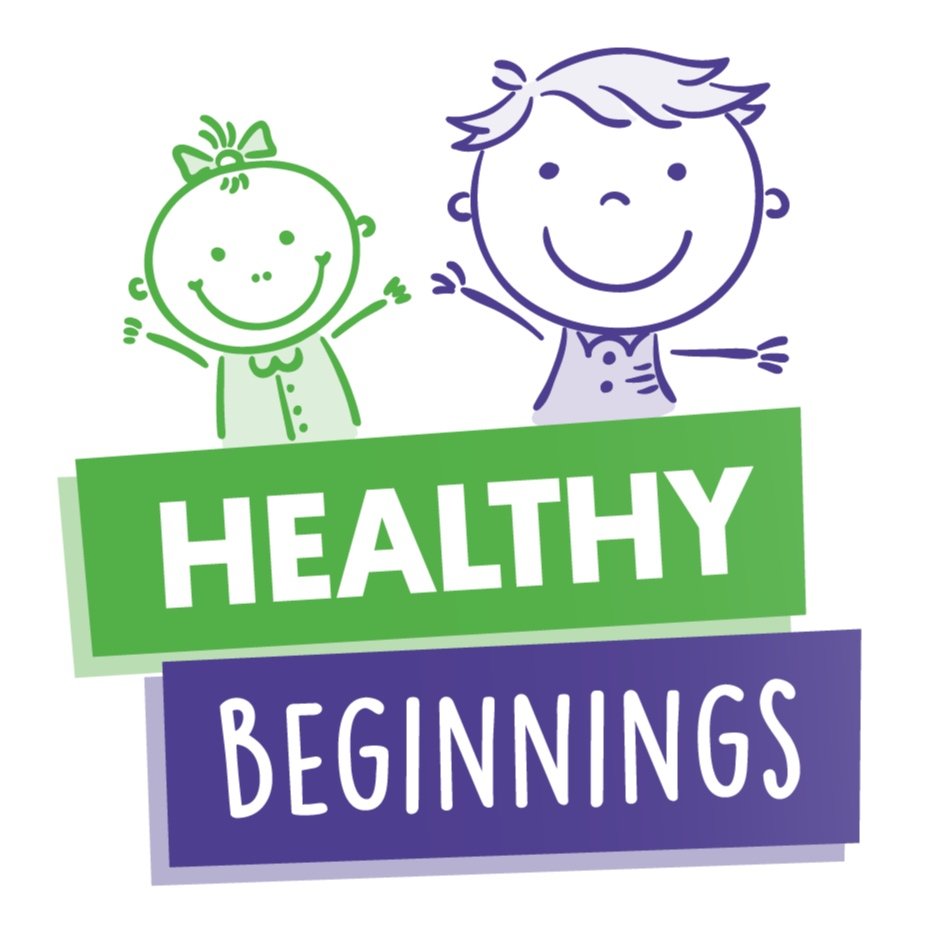Healthy Beginnings Trial – Phase Two Study
Chief investigators: Li Ming Wen, Louise Baur, Chris Rissel, Victoria Flood, Judy Simpson, Alison Hayes and Louise Hardy
Title: Effectiveness of an early intervention trial to prevent obesity – Phase 2: Follow-up and cost effectiveness analysis
Funding source: National Health and Medical Research Council project grant (NHMRC 1003780) This funding commenced in 2011 for four years.
PROJECT SYNOPSIS
Internationally, no childhood obesity prevention programs have been effectively implemented or rigorously evaluated. In 2007, we commenced the Healthy Beginnings Trial (HBT) (NHMRC #393112; 2007-2010) to address this evidence gap. HBT, the first RCT to test the effectiveness of an early childhood obesity intervention in 0-2 year olds, is a home-based early intervention designed to improve family and behavioural risk factors for childhood obesity.
Hypotheses
That the intervention, relative to the control group, will lead to a) a lower mean body mass index (BMI), b) lower screen time, c) improved dietary behaviours and d) demonstrated cost-effectiveness of the intervention, in children aged 3.5 and 5 years.
Methods
Design: HBT is a two-phase trial. HBT-1 (already funded), the intervention phase, has excellent interim with 667 participating families. In this application we seek funding for HBT-2 incorporating both a) the follow-up to ages 3.5 and 5 years, and b) a cost-effectiveness analysis (CEA). No intervention will be carried out in HBT-2. This is a 3½ year proposal.
Key outcome measures:
- Weight status(BMI);
- Dietary intake using a validated survey tool;
- Physical activity and screen time using a new generation of tri-axial accelerometers; and
- Quality of life of children (PedsQL) and Health Utilities Index (HUI2).
Sample size: With ~15% annual loss to follow-up, we would have a total of 320 participants remaining by the end of HBT-2. This would allow us to detect: a) a minimum difference of 0.36kg/m2 in mean BMI (SD=1.15) and b) a 15% reduction of children watching TV ≥ 2 hours.
Analysis: ‘Intention to treat’ principles will be used in the analysis. Multiple imputation will be used to impute outcomes for subjects lost to follow-up. CEA and cost-utility analysis within HBT-1 and 2 will be conducted.
Funding for HBT-2 will permit the appropriate assessment of this internationally novel trial, which has already attracted a significant investment.
Wen LM, Baur LA, Rissel C, Flood V, Simpson JM, Hayes A, Hardy LL. Wardle K. Healthy Beginnings Trial Phase 2 study: Follow-up and cost-effectiveness analysis.Contemporary Clinical Trials 2012 Mar;33(2):396-401.
